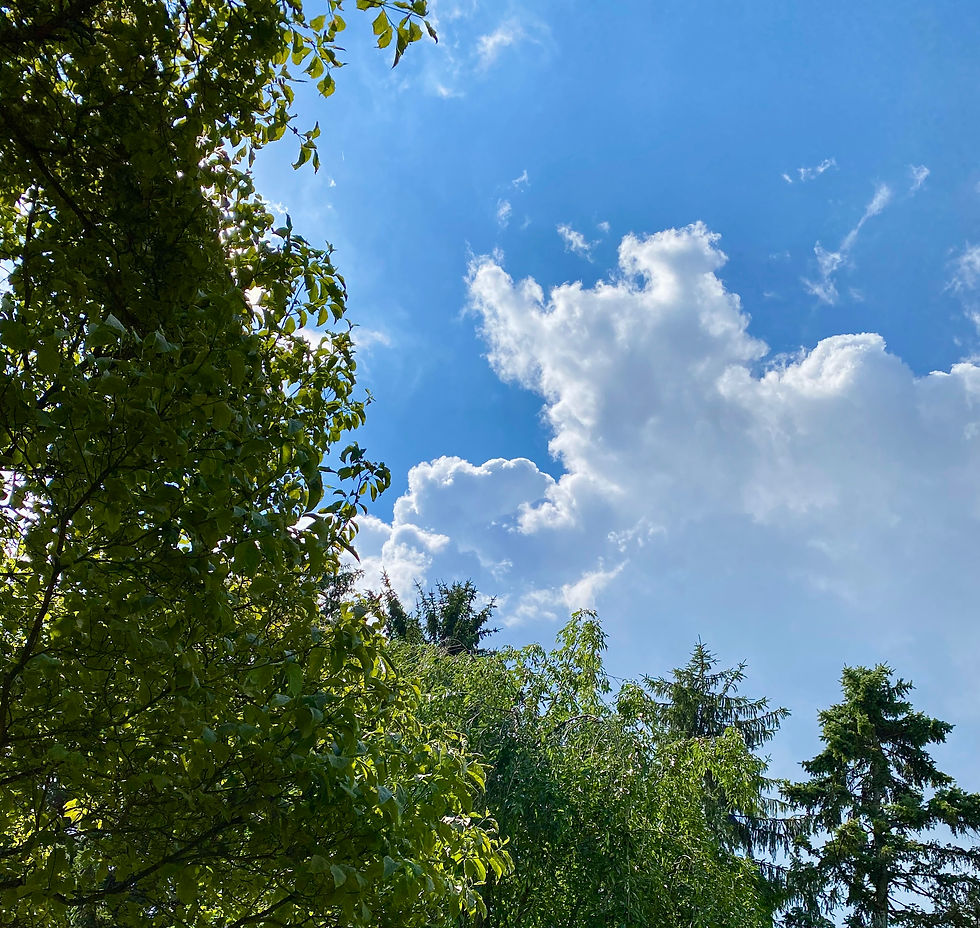Yoga for healing sexual trauma: Brahmacharya in life.
- Julie Lifton
- Oct 11, 2020
- 4 min read
Updated: Oct 26, 2020

TRIGGER WARNING: This piece deals with the difficult topic of sexual violence, which I am a survivor of. Please read and share, and take care of yourself in every way you can.
When I sat down to write this piece, I put aside all that I had read and already written, and thought about what I really need to say here. This is the only place in Patanjali's, Yoga Sutras that I know of which talks directly about sexual energy and a tendency to misuse it. So, it seems to be the right place to also address the consequences of such a misuse of power. In my experience there is a curative aspect of Brahmacharya. Through yoga there is a way to heal the trauma of having been hurt through someone's abuse of power, as well to curb one's tendency to cause harm.
Brahmacharya is the second of the Yamas, which Patanjali introduces in the second chapter. It is two words combined: Brahman is The Infinity, an eternal intelligence and benevolence, which is the source of all life. And carya (pronounced charya) means acting, following, going after, behaving. So, Brahmacharya is telling us to walk towards Brahma; to direct all of our energy, sexual and otherwise towards our spiritual growth, and to act with spirit, integrity, and goodness.
To ‘act with spirit’ in the context of yoga is to follow yoga to an ever-deeper awareness of ourselves as part of an infinite light. For me, that is only made possible through simultaneously healing the split between body and mind that can be the result of sexual trauma.
It’s important to view all of the Yamas through the lens of the first, Ahimsa, non-harming. Each of the subsequent Yamas guide us further into the subtle ways in which our thoughts, words or actions can cause pain to ourselves or others. This third Yama, Brahmacharya points out that a misuse of sexual energy, or vitality and power is a form of Himsa (harming). I have only ever seen Brahmacharya discussed from the point of view of not doing the harming, but what about the harmed?
Brahmacharya also asks the question, “Who Am I?” Am I my body, am I my past, am I my intellect, am I my personality, my style, my money, etc. We must come to know that our spiritual freedom releases us from identifying with those things and misunderstanding who we are. Liberation from phoniness, from ignorance, from fear depends on living by the yogic restraints of the Yamas and the observances of the Niyamas.
Brahmacharya is often translated as celibacy, or continence. In honoring that we are more than a body, it follows that our behavior align with our principles and with our spiritual authenticity - however we define that. In considering our sexual energy it means that we don’t use our sexual energy in any way that causes harm. Sex is too often used to manipulate, punish, control, or denigrate others, and can even be a form of self-punishment or disrespecting of ourselves. All of that goes against Ahimsa, and denies the yogic understanding that the mind and body are one and sacred. Let me be clear here, if someone is forced to "have sex" that is rape, I am not referring to consensual sex.
Many of us have suffered because of rape or painful sexual encounters, and much of that suffering is stored in our bodies. As the body absorbs the shock of trauma during our life experiences yoga is a time to release some of that shock. As a survivor of sexual violence I know first-hand the healing power of yoga. Along with other modalities, yoga provided an energetic and physical container to release some of the trauma, to reconnect to even the most tender and vulnerable parts of me that had been shut down, and to experience a sense of wholeness. By being so thoroughly tuned in and engaged with my body I was able to feel who I am beyond the physical boundary of my body – to experience grace and openness even more than I could as a dancer.
Brahmacharya doesn’t ask if we use sexual, or vital energy, but how. As all of the Yamas build upon Ahimsa, Brahmacharya instructs us not to use our sexuality to harm and not to waste our vitality on judging ourselves or others, complaining, nor over-exerting but rather to use our vitality to deepen our experience of ourselves beyond our bodies. In other words, to experience the union of body, mind and spirit, which is the definition of the word – and the work of – yoga.
Isn’t it beautiful that complete absorption and presence in the body can give us a taste of the freedom of Brahmacharya?
~~~~~~~~~~~~~~~~~~~~~~~~~~~~~~~~~~~~~~
NOTE: If you are a survivor of a sexual attack, please take the time to heal as best you can. I used a combination of EMDR therapy, talk therapy, and, my steady and ever-deepening yoga practice. It was a perfect combination for me. Please seek help for yourself in addition to your yoga practice. There are lots of resources to go to, including:
National Sexual Assault Hotline: 1-800-656-HOPE
National Suicide Prevention Lifeline: 1-800-273-TALK
Rockland County Pride Center is offering: -online support groups via Zoom -online support for youth -individualized emotional and material support
The Center for Safety and Change, call their hotline (845) 634-3344, or text (845) 286-4997 for domestic violence help, also in Rockland County.




Thank you for sharing your wisdom. Om Shanti.
Thank you for the wisdom and love Julie.
Beautifully said.